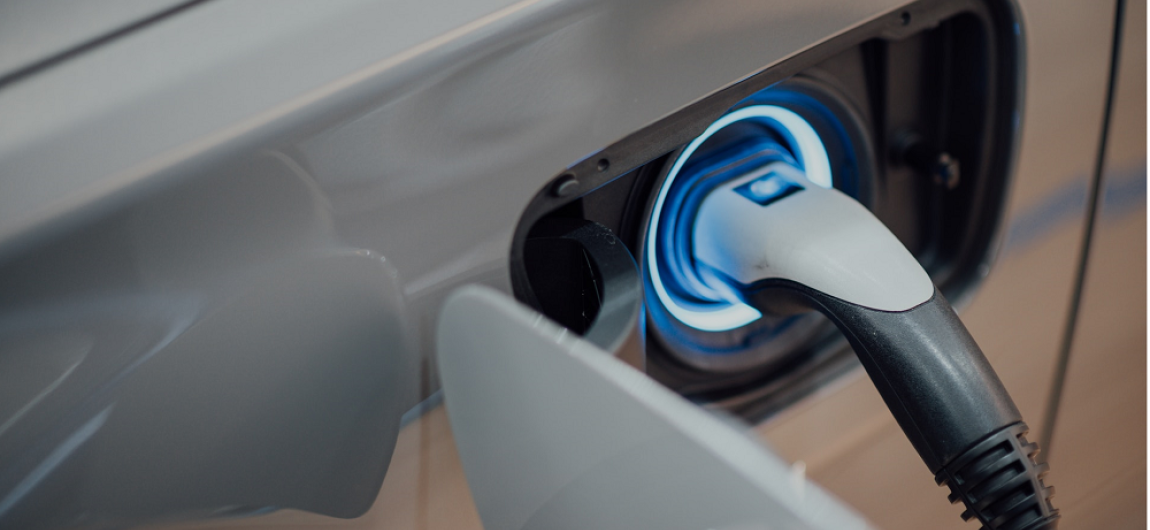Share
GRID TELECOM coordinates the European e-mobility project EXPAND-E Cohesion

European Union & EXPAND-E Consortium Sign Grant Agreements to Deploy 2.100 Recharging Points for Electric Light & Heavy Duty Vehicles
- With signing of Grant Agreements, the status, timeline and deliverables of project confirmed
- €~70M EU grant will accelerate additional private investment
- GRID TELECOM, subsidiary of the Greek Power Transmission Operator (IPTO), leads as Coordinator for the EXPAND-E Cohesion project and IONITY leads the EXPAND-E General project
The European Climate Infrastructure and Environment Networks Executive Agency (CINEA) signed grant agreements with the members of the EXPAND-E (EXpanding Performance and Network Density – Electric) Consortium, to deploy 2.100 recharging points (150- 350 kW) for light and heavy duty electric vehicles (EVs) in more than 450 locations across 22 EU Member States.
Marking an important milestone for Europe’s shift to e-mobility, the grant agreements’ signing confirmed the status, timeline and deliverables of the largest EV charging project that CINEA has ever funded.
The project EXPAND-E consists of two sub projects: EXPAND-E General and EXPAND-E Cohesion and is co-financed by the European Union’s Connecting Europe Facility (CEF), under the Alternative Fuel Infrastructure Facility (AFIF).
“By co-funding the Expand-E project, the European Union further supports the transition to a sustainable mobility in Europe. By its significant geographical coverage, Expand-E will be a game changer for decarbonising transport and providing the European citizens with a seamless electric recharging network. It will contribute to achieving Green Deal objectives. Moreover, with the deployment of an electric recharging network for Heavy-Duty Vehicles, this project will contribute to establish a green freight link across EU Member States.” declared Richard Ferrer, Head of the Alternative Fuels Sector at CINEA, the European Climate Infrastructure and Environment Executive Agency.
EXPAND-E Consortium members have been busy identifying sites, conducting feasibility tests, acquiring locations, signing agreements for their use, and procuring hardware.
The EXPAND-E project is a coordinated, multi-national effort to expand existing EV recharging locations into a truly high-power pan-European EV recharging network from the Baltic Sea to the Mediterranean Sea and from the Black Sea to the Atlantic Ocean. The 3-year project will last from June 2022 to June 2025. The project also aims to fill in gaps in coverage along Trans-European Transport Network (TEN-T) roads with high-power charging infrastructure (150-350 kW).
The €~70M EU grant has already attracted additional private capital, and the project has secured a loan of € 30M from a leading European bank, as well as additional equity from the project promoters and leading financial institutions. This highlights both the ability of public sector investments to catalyse further investment, as well as investor confidence in the project and the growth of the EV market overall.
GRID TELECOM, a subsidiary of the Greek Independent Power Transmission Operator (IPTO Group) has stepped into the role of the coordinator of EXPAND-E Cohesion, reflecting Greece’s commitment to the development of electronic mobility and EV charging infrastructure. GRID TELECOM will work closely with IONITY as the coordinator of EXPAND-E General, combining the strengths of the two groups for managing this ambitious project and ensuring a coherent network for pan-European interoperability.
In addition, the EU Commission has now selected for funding the EXPAND-E Hungary project, which will involve the deployment of 42 recharging points in 7 locations in Hungary, completing missing links in the EXPAND-E project, and meaning that the project will cover 23 EU Member States.
Charging locations installed under the project will serve light duty electric passenger cars (LDVs) travelling along the TEN-T road network, and they will also address the needs of electric Heavy Duty Vehicles (eHDVs). The project will build out the spine of initial HDV charging corridors through numerous countries, some of which have not previously received EU funding for high power charging infrastructure. Lessons learned will provide valuable experience for future development of the eHDV charging market.
All charging stations will be publicly accessible 24/7 and support roaming and open access payment schemes.
***
The contents of this publication are the sole responsibility of the author and do not necessarily reflect the opinion of the European Union.